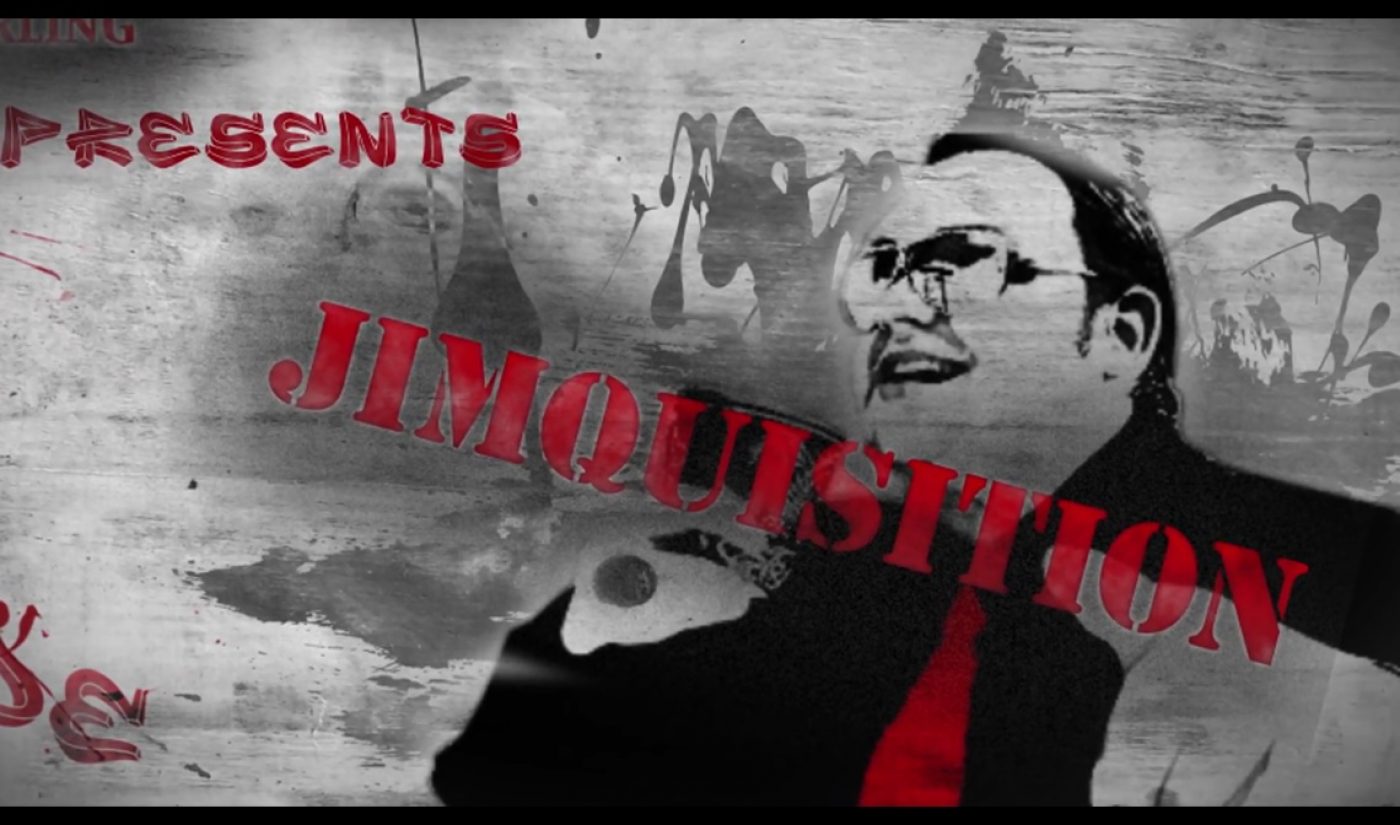Jim Sterling posts game criticism on his YouTube channel, and like many other critics, his videos are often hit with Content ID claims from rights holders who believe he is reusing their intellectual property without proper license. Sterling, like many of his peers, argues that his unlicensed activity falls under fair use.
For Sterling, though, third-party claims presented a problem that other creators don’t encounter. Sterling does not run ads on his videos, preferring instead to fund his work through Patreon; however, when third parties gain control of his videos, they are allowed to run ads, and Sterling is forced to explain to his viewers why a supposedly ad-free channel is not living up to its guarantee.
Not to be outdone, Sterling came up with a clever solution to his particular problem, and blogs like Kotaku have been taking notice. By using unlicensed clips owned by multiple rights holders, he drew multiple Content ID claims, thus preventing any particular company from running ads on his videos.

Subscribe to get the latest creator news
Sterling put this strategy into place on a recent video discussing the latest Star Fox game. Star Fox is owned by Nintendo, a company well-known for its frequent claims on YouTube. Sterling used Star Fox clips in his videos, but he also used clips from games published by Konami, Sony, and Take-Two Interactive, as well as music owned by WMG. At least three different companies subsequently placed claims on the video, but while WMG tried to monetize it, Nintendo did not, and as a result, no one was able to place ads on the video at all.
In his next video, Sterling discussed his strategy, which he described as “copyright deadlock.” As he notes, it’s kind of crazy that this his decision to intentionally draw claims is more effective than trying to honestly adhere to fair use guidelines, but that’s Content ID for you.
Obviously, this trick will only work for creators who aren’t already trying to monetize their videos. Everyone else can take solace in the fact that YouTube recently announced an important and creator-friendly change, through which it will enable monetization on videos whose claims are contested and will pay out the resulting ad revenue to whichever side ultimately gains control of the video.
That change probably won’t stop Sterling. Keep an eye on his web series The Jimquisition to see if he baits out more Content ID claims in future episodes.








